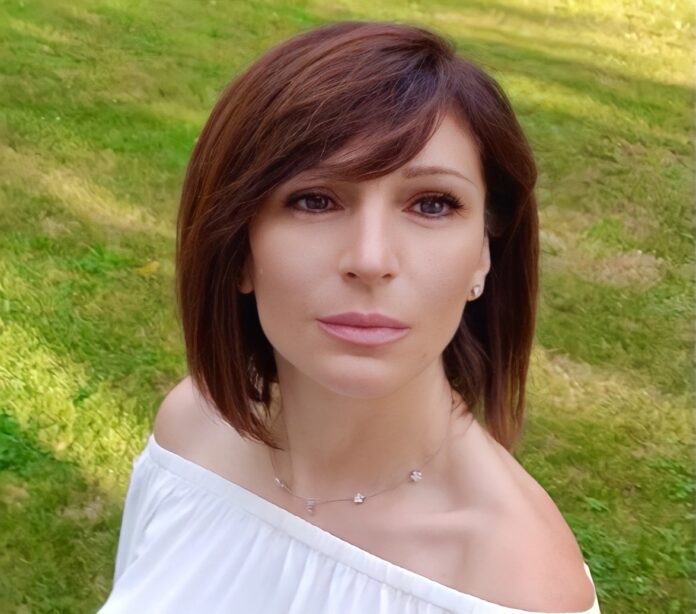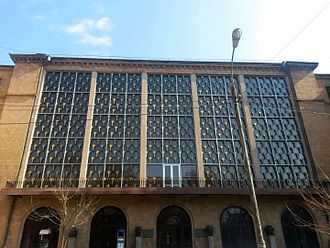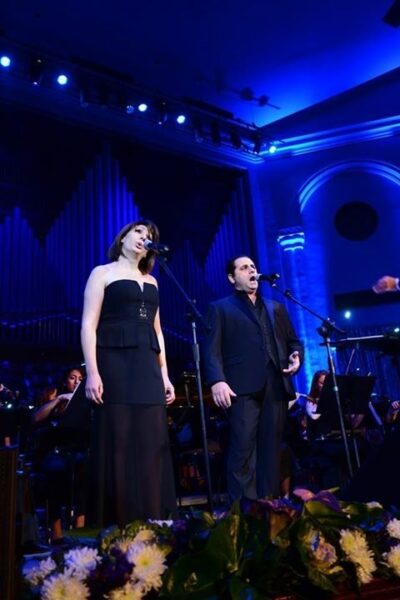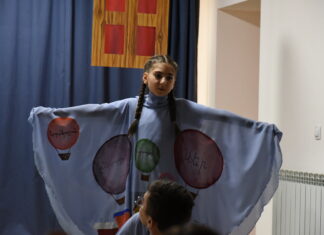BOSTON — Victoria Avetisyan and Nuné Hakobyan are on a mission for the preservation and proliferation of the legacy of Armenian classical music and they are doing it through music: a concert on March 18 in Bedford.
The two women are members of an informal group known as “Yerkir Nairi” (Land of Nairi), after the poetic name for Armenia popularized through the poetry of Vahan Teryan and derived from Urartian times.
The group was founded after the 44-Day War in 2020 by Boston-area classical musicians from the Armenian community, most of whom were born and educated in Armenia. The group wanted to do something to help Armenia using their prolific talents, and by 2021 began to present concerts in the area.
The collective, which plans to form an official non-profit in the near future, has taken on the support of the Komitas State Conservatory in Yerevan as their cause. Their focus in particular is the library, whose holdings have not yet been digitized. They describe it as a mission of national importance for the Armenian people.
According to Avetisyan and Hakobyan, classical musicians of Armenian background are often asked to perform pieces, whether orchestral/instrumental or vocal, by Armenian composers alongside those of the great Western classical composers. If, however, the scores are not available, musicians far away will not be able to play them.
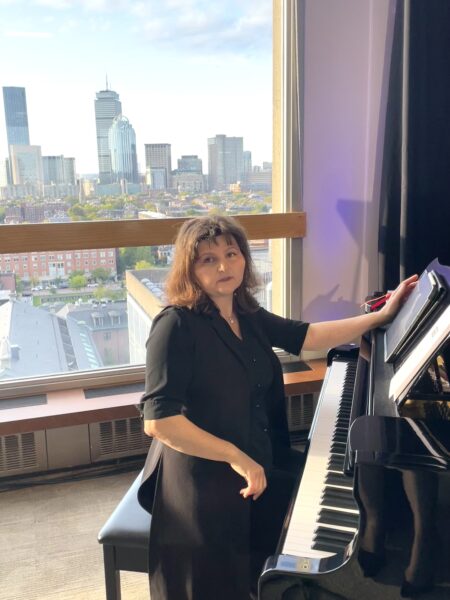
Avetisyan is a mezzo-soprano who was born in Yerevan and received her master’s in vocal performance from Komitas State Conservatory. She began performing in the National Opera Theatre of Armenia and was then invited to join Boston University Opera Institute, where she received her artist’s diploma. She has performed all over the United States and Canada in major operatic roles, and resides in the Boston area, where she continues her operatic career and gives voice lessons.



